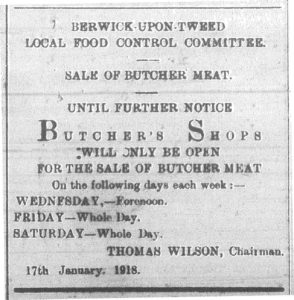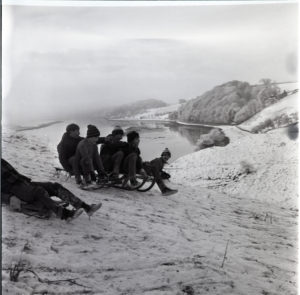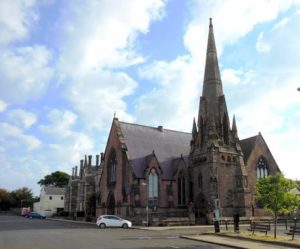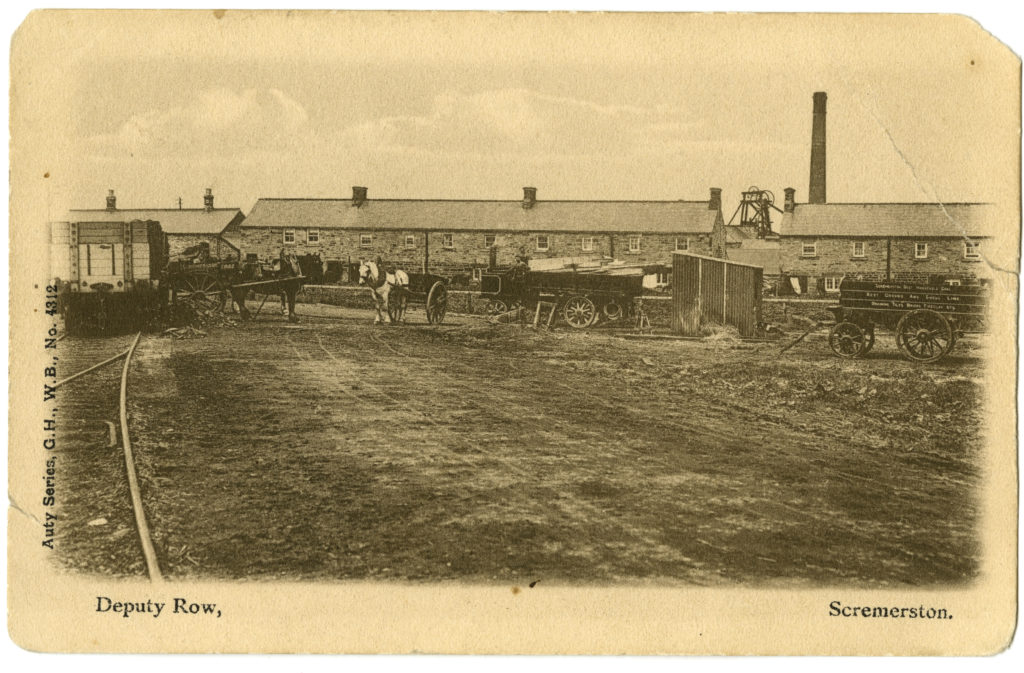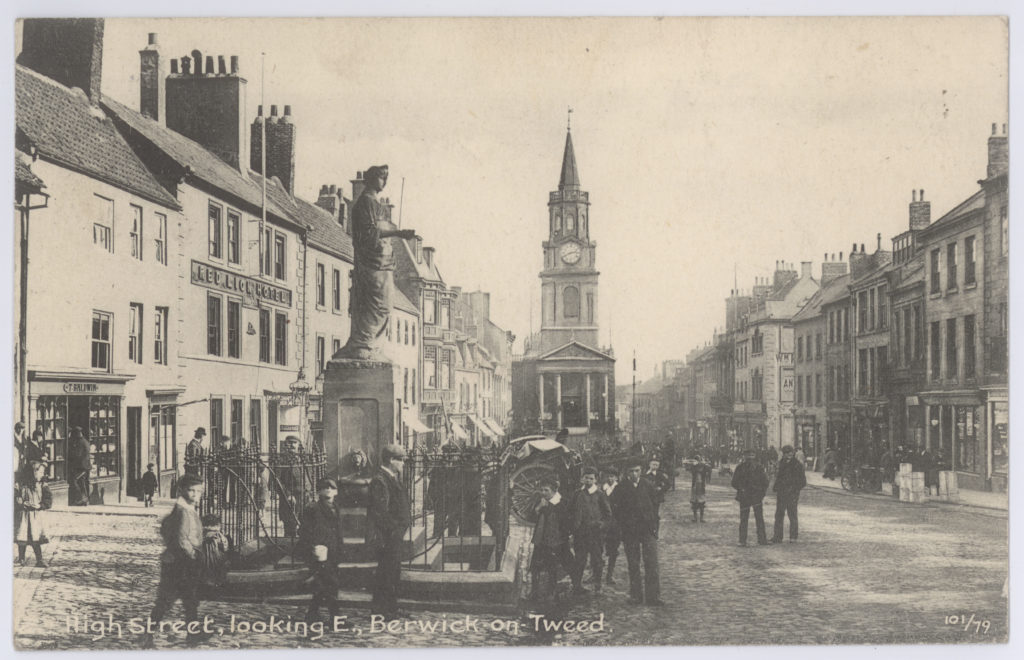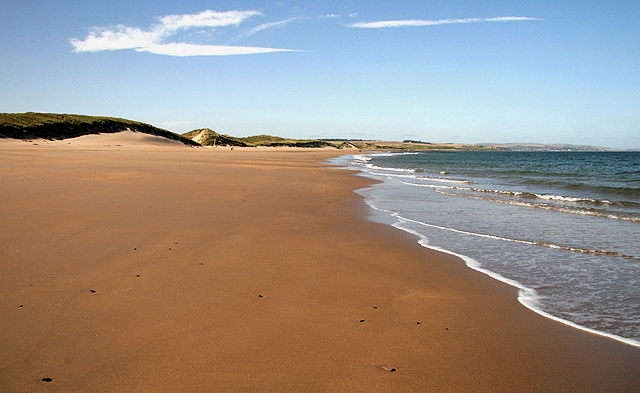
BERWICK ADVERTISER, 3 MAY 1918
WAR NEWS
FORMER SCREMERSTON SOLDIER WOUNDED

We regret to hear that Bombadier Esau Wilkinson, who for many years resided in Scremerston, a nephew of Mr and Mrs Younger, East Allerdean, has been wounded and is now in Bolton Hospital, Lancs. Bomb. Wilkinson was knocked out by a wound in the head and right hand while carrying a wounded comrade. The shell which knocked him over was responsible for the death of three other men. He joined the R.F.A. in the early stages of the war and has seen some heavy fighting since going out to France three years ago.
FORMER ROYAL SCOTS WOUNDED AND GASSED
News has been received by a friend in Berwick, that Sergeant George Gardiner, Machine Gun Corps. Late Royal Scots, has been wounded and gassed in the big offensive.

BERWICK SOLDIER A PRISONER
Lance Corpl. James Roughhead.
Information has been received by Sergt. Wm Purves, K.O.S.B., that his nephew, Lance-Corpl. James Roughead, Durham Light Infantry is a prisoner of war in a German Camp. Lance Corpl Roughead was at one time a member of the M.C. Section of the local Territorials, but had severed his connection prior to the war. In civil life he was employed as a stone mason.
BERWICK BOARD OF GUARDIANS
CARE OF SOLDIERS’ CHILDREN
A circular, enclosing resolution, from the Farlington Boarding Out Committee on the lack of supervision of our sailors and soldiers children was submitted in which they invited the cooperation of the Guardians to bring the matter before the Local Government Board. It was alleged that there were large numbers of children boarded out at the present moment without adequate supervision, and the circular advocated the appointment of trained women inspectors and visitors. In the course of a discussion the Chairman said there was a strong animus against allowing such children to come under Guardians’ care, and he thought it was a foolish sentimental feeling. It was agreed to remit the matter for further consideration to the Boarding Out Committee.
NOTES FROM SPITTAL

Mr and Mrs William Moffat, 18 Middle Street, Spittal, have received news from their son, Private John Moffat, Royal Scots, that he has been wounded in the thigh, during the recent heavy fighting, and is now in hospital at Sheffield, Private Moffat joined up early in the war and has had a long spell in France, this being the third time he has been wounded. Prior to the war he was a pitman. Another brother, William, joined the Northumberland Fusiliers at the outbreak of war and has seen a lot of severe fighting. He also has been wounded twice, and is at present serving in France with the Staffordshires.
Mrs King, 13 West Street, Spital, has received official information that her husband, Private John King, Royal Scots Fusiliers, is missing. Before going to France, private King was stationed at Berwick for a considerable time, and was attached to “A” Company, Royal Scots. We trust Mrs King (who was formerly Miss Wales, daughter of the late Mr John wales, painter, Spittal) may soon hear good news regarding her husband.
Mrs O’Connor, 20 Middle Street, Spittal, has received information from her husband, Private Robert O’Connor, Northumberland Fusiliers, that he has been taken prisoner by the Germans and is now interned at Limburg.

The German offensive is still being actively carried on, which makes it impossible for any of our soldier lads to get home on leave. Thanks to our Navy’s supremacy on the sea, the German Fleet do not feel inclined to come out and try a Tussle. For the time being this enables the Navy men to have a great advantage with regard to leave over their soldier comrades. This week we are glad to see Seaman David Scott and Jos. Elliott, R.N.R., spending a few days at home. Both seem to be enjoying the best of health. In civil life Seaman Scott’s occupation was that of cooper, while Seaman Elliott was a fine fisherman, being one of the crew of a Spittal coble
Seaman Thomas Martin, R.N.R., who is engaged in the dangerous work of minesweeping off the East Coast, is, we notice, having a few days’ leave at home. He joined up in January, 1915, and during his long spell of service has had some exciting experiences. Before the war Seaman Martin was a fisherman.
Seaman John Moody, R.N.R., son of Mr Robt. Moody, West Street, Spittal, is having a few days’ leave from his active duties. We are glad to know he is enjoying the best of health.


